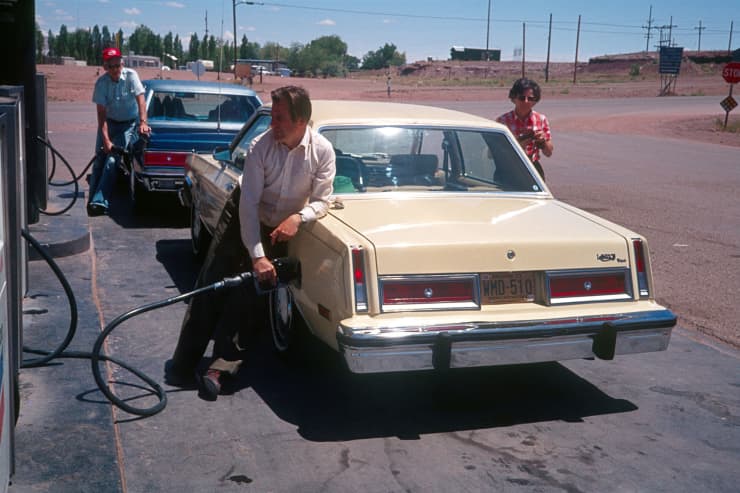
After a century of ferrying millions of daily commuters and taking countless family road trips, simple passenger cars are disappearing from American life, and they may not come back.
Detroit’s Big Three automakers — Chrysler, Ford and General Motors — pioneered the mass production of the car, but in just four years, all three may be known to Americans simply as truck and SUV makers, with only a stray sedan for sale.
The automotive industry in America is making what many observers think is an irrevocable shift toward pickup trucks, sport utility vehicles and crossovers. While carmakers are producing sedans and sports cars that are safer, faster and more comfortable than ever, customers continue to flock to taller vehicles with features cars simply cannot offer. “Since 2009 or 2010 it has been a truck story,” said Jeff Schuster, senior vice president of forecasting at LMC Automotive, which tracks the auto industry. The exception was a slight pullback in 2012, when the midsize car segment underwent a major refresh, he said.
The trend shows no sign of abating, despite cries from car enthusiasts that crossovers lack the driving dynamics of sedans and complaints from environmentalists that SUVs and trucks are typically less fuel-efficient than cars. By 2022, LMC Automotive estimates 84 percent of the vehicles General Motors sells in the U.S. market will be some kind of truck or SUV. Ford’s ratio of domestic SUV and truck sales will hit 90 percent; Fiat Chrysler’s will notch a whopping 97 percent.
“We have SUVs eventually crossing the 50 percent threshold by themselves in the near future,” Schuster said. Signs suggest SUVs and crossovers are also taking hold elsewhere in the world.
Automotive executives and industry watchers think there will be only a small space for sedans in the U.S., perhaps consisting mostly of sports cars or niche vehicles favored by enthusiasts. A few factors that drove this unprecedented shift can be attributed to gas prices, a stronger economy and big improvements in the design of sport utility vehicles, said Karl Brauer, executive publisher at Cox Automotive. “It was really a one-two-three punch,” Brauer said. “Essentially every force lined up to help SUVs, and that has been hurting car sales.”
Summary: Indeed, the automotive industry is shifting from the manufacture of trucks and SUVs to pickup trucks, sport utility vehicles, and crossovers. However, even though newly manufactured cars have been made with critical features such as safety, comfort and speed in consideration, consumers’ needs have shifted to taller vehicles that apparently are not offered by what is in the market currently. Moreover, car enthusiasts have presented an outcry that crossovers do not have the driving dynamics present in sedan vehicles, in addition to the environmental aspect of trucks which are less fuel efficient compared to normal cars.
No comments:
Post a Comment